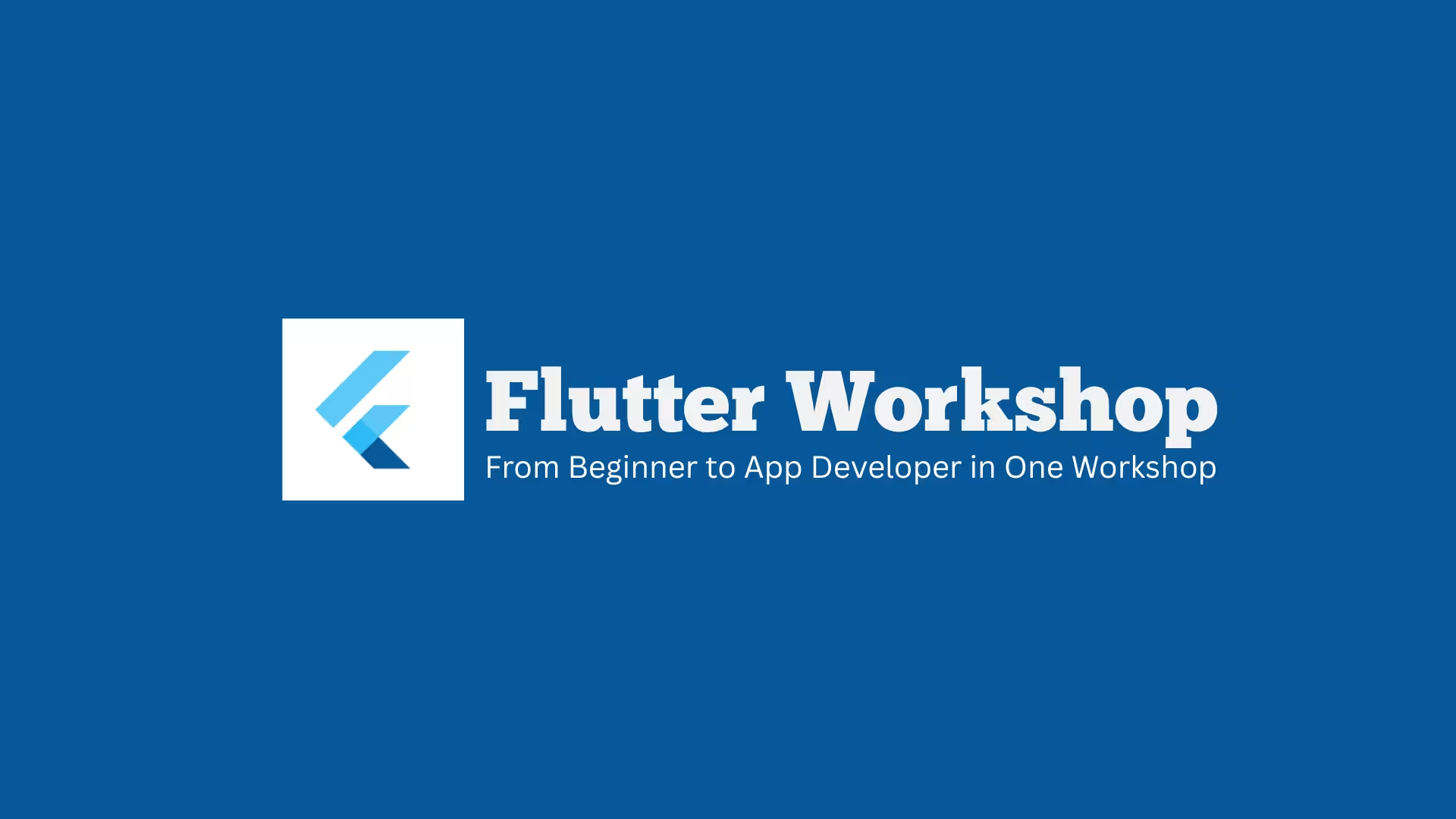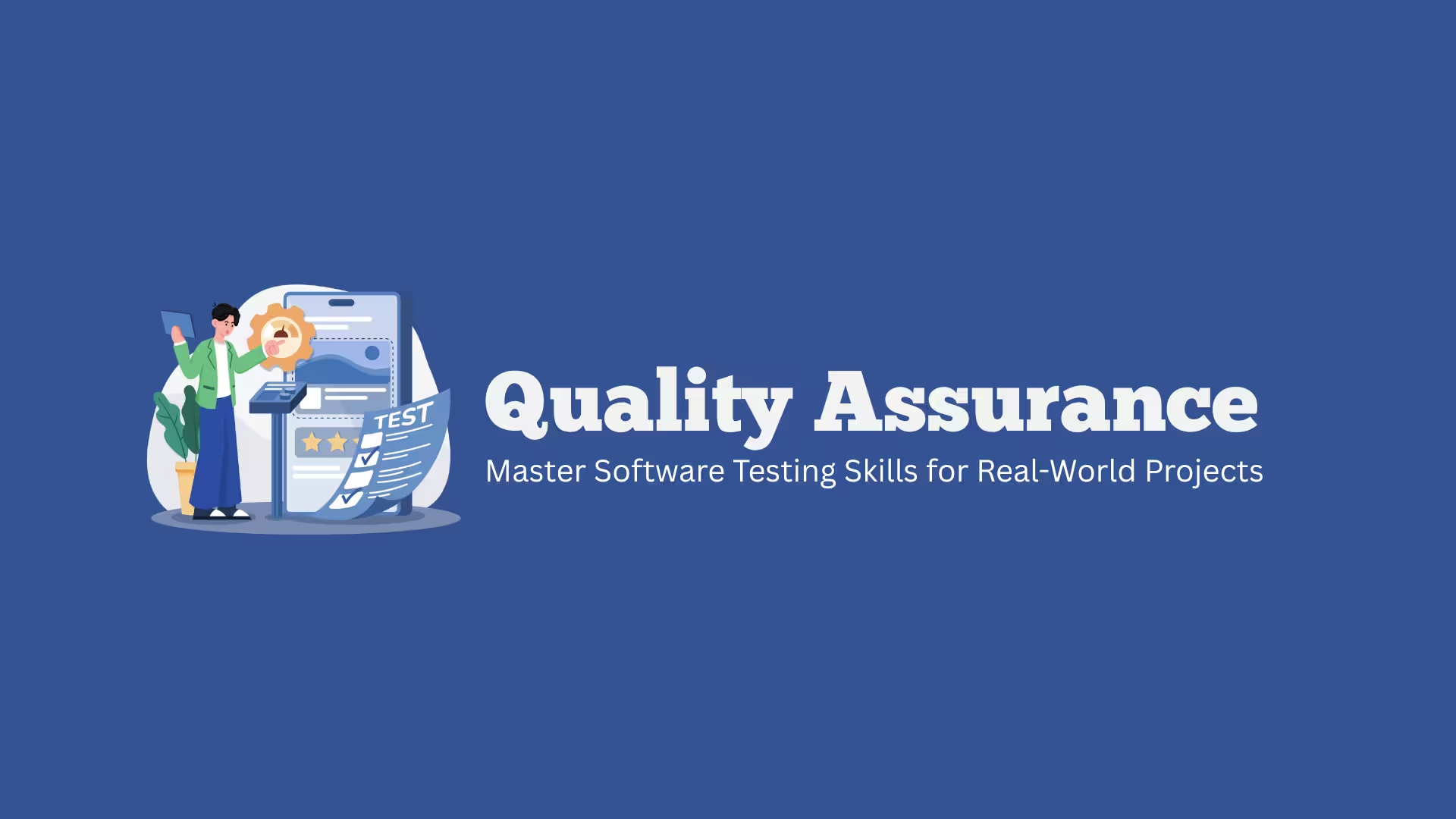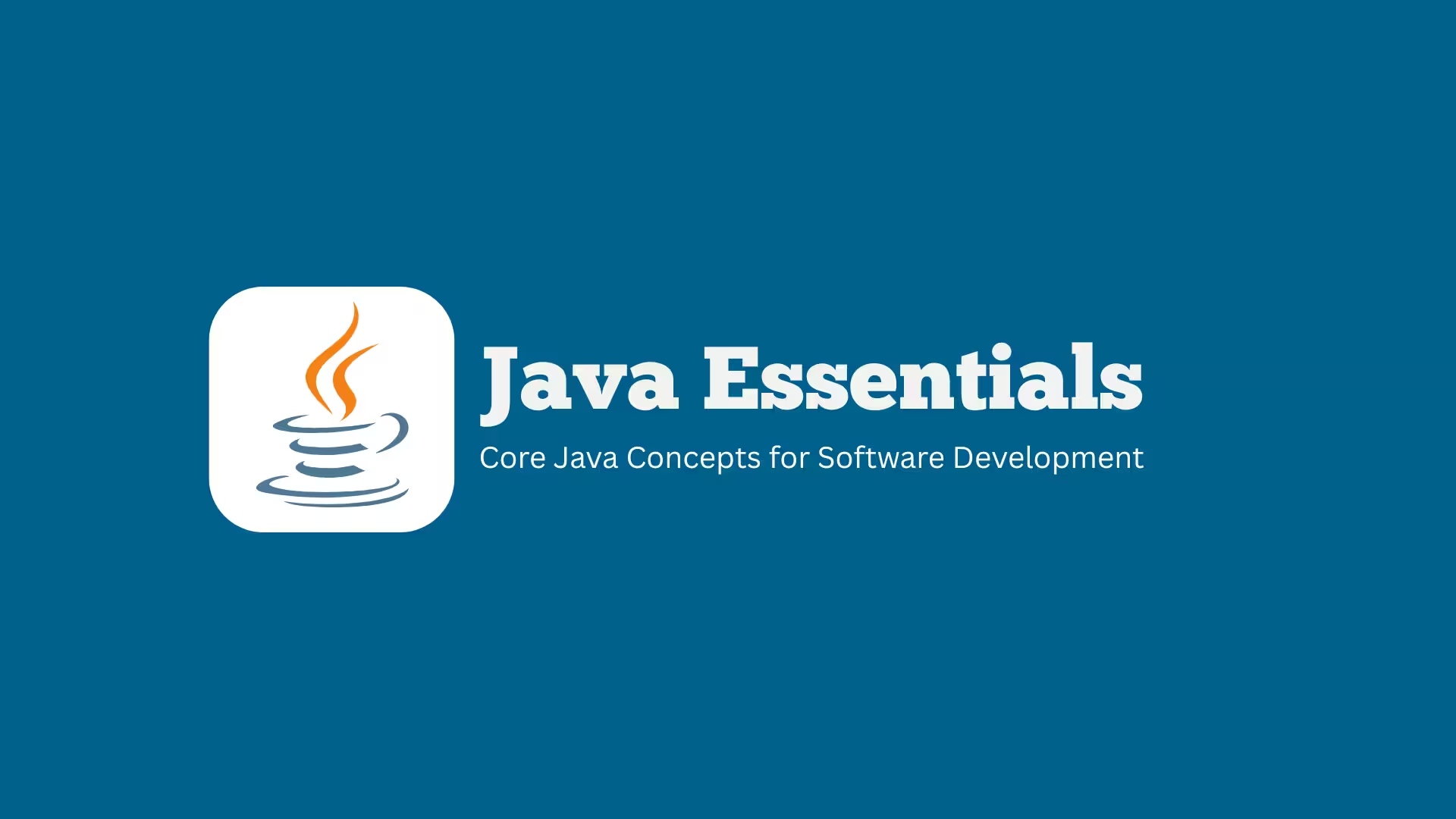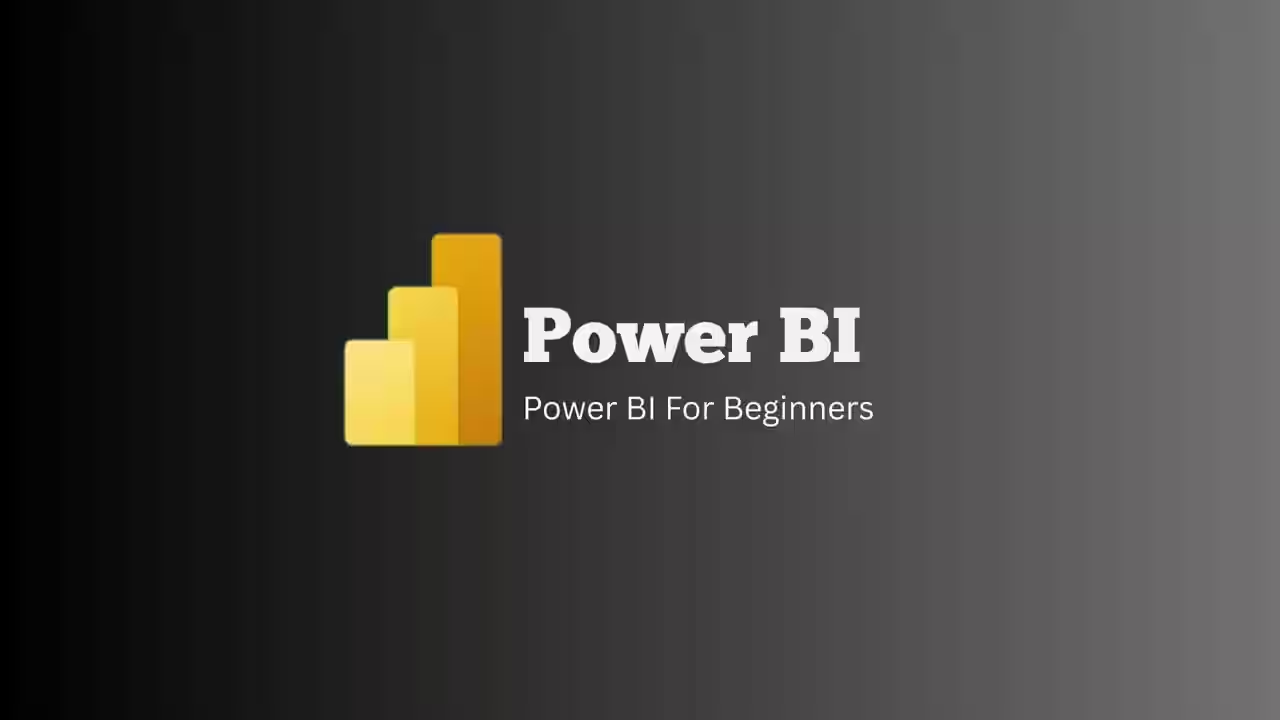
Prerequisites
Upcoming Classes
Class Mode: Google Meet 
Seats Open for Prebooking
Have any Question?
Python with Django
Python with Django Course – Build Powerful Web Applications Using Python Framework
Course Overview
Python with Django Training in Nepal – Affordable Backend Development Course with Certification
Code IT offers Nepal’s most affordable and job-oriented Python with Django training course, designed for students, fresh graduates, and IT professionals across Dharan, Itahari, Biratnagar, Koshi, Mechi, Kathmandu, and beyond. This comprehensive backend development course in Nepal helps you master Python and Django to build dynamic, secure, and scalable web applications for real-world use.
Whether you aim to launch a backend development career or upgrade your web development skills, this Python Django training course in Nepal equips you with project-based, hands-on experience that aligns with the growing demands of the tech industry.
What You’ll Learn:
- Python programming fundamentals for backend development
- Django framework: models, views, templates, and authentication
- REST API development using Django REST Framework
- Database integration with PostgreSQL or MySQL
- Security best practices in Django development
- Build real-world projects: e-commerce apps, blogs, CMS, and more
With flexible online and offline classes available throughout Nepal, this course ensures accessibility for learners from any region.
Why Choose Code IT’s Python with Django Training in Nepal?
- Most affordable Python Django development course in Nepal
- Certification, internship, and job placement assistance
- Project-based training to enhance your developer portfolio
- Classes available online and in-person
- Expert instructors focused on Nepal’s IT job market
- Ideal for aspiring backend developers and web programmers
Take the next step in your tech career. Enroll now in Nepal’s best-value Python with Django backend development training course at Code IT, and become a certified developer ready to succeed in Nepal’s booming tech sector.
What's Included in the Course
Previous Class Recorded Video
Perfect if you're outside Nepal or can't attend live sessions.
- Lifetime access to recordings
Course Syllabus
Explore the complete course syllabus to see what you'll learn from start to finish.
Introduction
- Welcome & Curriculum Overview
- A First Taste of HTML & CSS
- How The Web Works
- The Roles of HTML, CSS, and JS
- Installing The Tools We Need
- Configuring VSCode
HTML
- Introduction
- HTML Elements
- HTML Attributes
- Document Structure
- HTML Comments
- HTML Headings
- HTML Paragraphs
- HTML Links
- HTML Images
- Favicon
- Page Title
- Tables
- Lists
- HTML Block & Inline Elements
- Divs
- Span
- HTML vs XHTML
HTML Layouts
- Header
- Nav
- Section
- Article
- Aside
- Footer
HTML Forms
- Forms
- Form Attributes
- Form Elements
- Input Types
- Input Attributes
- Input Form Attributes
CSS
- Introduction
- Inline CSS
- Internal CSS
- External CSS
- CSS Colors
- CSS Selectors
More CSS
- CSS Flexbox
- CSS Grid
- Responsive Design
Tailwind CSS
- Introduction
- Installation
- Editor Setup
- Utility-First Fundamentals
- Hover, Focus & Other States
- Responsive Design
- Reusing Styles
- Dark Mode
- Functions & Directives
- Layouts
- Aspect Ratio
- Container
- Columns
- Flexbox
- Grid
- Spacing
- Sizing
- Typography
- Backgrounds
- Border
- Effects
- Filters
- Transformations
JavaScript
- Introduction
- JS Variables
- JS Constants
- Objects
- Arrays
- Functions
- Types of Functions
- Operators
- Control Flow
Understanding the DOM and Event Handling
- Basic DOM manipulation
- Event listeners and event handling
- Event listeners and event handling
- Form handling and validation
Advanced JavaScript Concepts
- Callback functions
- Promises and async/await
- Event loop and asynchronous programming
- Error handling (try,catch,finally)
Working with Objects and Arrays
- Object properties and methods
- Array methods (map,filter,forEach,find)
- Destructuring assignments
- Spread and rest operators
Modules and ES6+ Features
- Importing and exporting modules
- Template literals
- Default parameters
- Object and array destructuring
- Enhanced object literals
Web Hosting in cPanel
Introduction to Python
- Introduction to Python and its feature
- Installing Python and setting up development environment
- Basic syntax and data types (variables, numbers, strings, lists, tuples, dictionaries)
- Assignments
Functions and Modules
- Introduction to functions
- Defining and calling functions
- Parameters and arguments
- Return statement and function scope
- Assignments
Data Structures
- Lists: methods and operations
- Tuples and sets
- Assignments
Data Structures and File Handling
- Dictionaries: methods and operations
- File handling: opening, reading, writing, and closing files
- Assignments
Advanced Topics in Python
- List comprehensions
- Lambda functions
- Assignments
Advanced Topics in Python
- Generators and iterators
- Decorators
- Assignments
Review and Practice
- Review of topics covered so far
- Practice exercises and coding challenges
- Assignments
Object-Oriented Programming (Part 1)
- Introduction to OOP concepts (classes, objects, attributes, methods)
- Defining classes and creating objects
- Assignments
Object-Oriented Programming (Part 2)
- Instance and class variables
- Constructors and destructors
- Assignments
Object-Oriented Programming (Part 3)
- Inheritance and polymorphism
- Method overriding and super() function
- Assignments
Object-Oriented Programming (Part 4)
- Encapsulation and information hiding
- Introduction to special methods (magic methods)
- Assignments
Attractive Python Libraries
- Introduction to NumPy for numerical computing
- Introduction to Pandas for data manipulation and analysis
- Assignments
Introduction to Django
- Overview of Django framework
- Advantages of using Django
Setting up Development Environment
- Installation of Python and Django
- Setting up a virtual environment
Creating Your First Django Project
- Understanding project structure
- Creating and configuring a new Django project
Exploring Django Admin Interface
- Creating superuser
- Managing models using admin interface
Django Models
- Defining models and fields
- Relationships between models (OneToOne, ForeignKey, ManyToMany)
Django Views and URLs
- Creating views to handle HTTP requests
- Mapping URLs to views using URL patterns
Templating with Django
- Introduction to Django templates
- Creating dynamic web pages using templates
- Template inheritance and reusable components
Django Forms
- Creating forms using Django Form class
- Handling form submissions and validation
User Authentication
- Implementing user authentication and authorization
- Building login, registration, and logout functionality
Cross-Site Request Forgery (CSRF) protection
- Understanding CSRF attacks
- Implementing CSRF protection in Django forms
Django ORM (Object-Relational Mapping)
- Performing database queries using Django ORM
- Database migrations and schema evolution
Django Middleware
- Creating custom middleware for request/response processing
- Implementing middleware for authentication, logging, etc.
Django Signals
- Understanding Django's signal framework
- Using signals for decoupled communication between components
Introduction to Django REST Framework (DRF)
- Overview of DRF and its features
- Serializers, views, and viewsets in DRF
Building RESTful APIs
- Creating API endpoints for CRUD operations
- Handling authentication and permissions in DRF
Writing Unit Tests
- Writing tests for Django applications using built-in testing tools
- Testing models, views, forms, and API endpoints
Debugging Django Applications
- Using Django's debugging tools for troubleshooting
- Debugging common issues in Django applications
Deploying Django Applications
- Configuring Django settings for production
- Deploying Django applications to popular hosting platforms
Scaling Django Applications
- Optimizing performance for high traffic
- Horizontal and vertical scaling strategies
Final Project Development
- Working on a real-world project to apply Django concepts
- Implementing features such as user authentication, CRUD operations, and RESTful APIs
Project Showcase
- Presenting final projects to the class
- Demonstrating project functionalities and discussing implementation details
Continuing Your Django Journey
- Exploring advanced Django topics and resources for further learning
- Contributing to open-source Django projects and communities
Networking and Career Opportunities
- Connecting with Django developers and industry professionals
- Exploring job opportunities in Django development sector
Need More Information About This Course?
Have questions or need clarification? Our education specialists are ready to assist you. Complete the form below and we'll respond within 1 hours.
Frequently Asked Questions
Code IT is a professional IT training institute that offers both online and offline courses in various fields like Web Development, Networking, Graphic Design, and more.
Yes, you will receive a certificate upon successful completion of the course.
Internship opportunities are available for most students; however, some courses do not include internships.
Yes, we offer job placement support. Terms and conditions apply.
Yes, the course fee must be paid during registration to confirm your seat.
Yes, demo classes are available. You can find them at the top of this syllabus — click the "Watch Demo" button.
Yes, you will get access to recorded class videos, which you can watch anytime with lifetime access.
Yes, Code IT provides lifetime support to all students, even after course completion.
No, the fee is non-refundable. However, you can transfer to another class if you inform the administrator within 1 day of the course start date.
Similar Courses
Explore other courses that match your interest and help you upgrade your skills. Whether you're starting fresh or looking to specialize, these related courses are perfect next steps in your learning journey.








